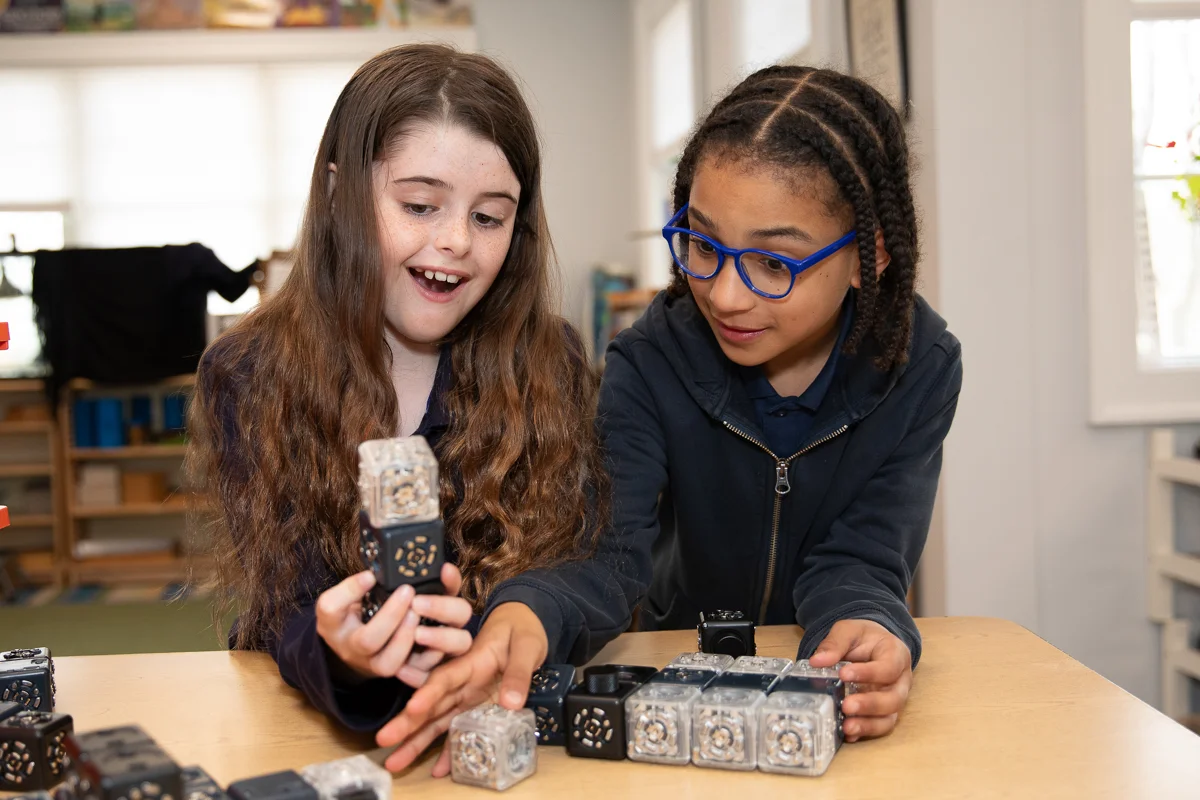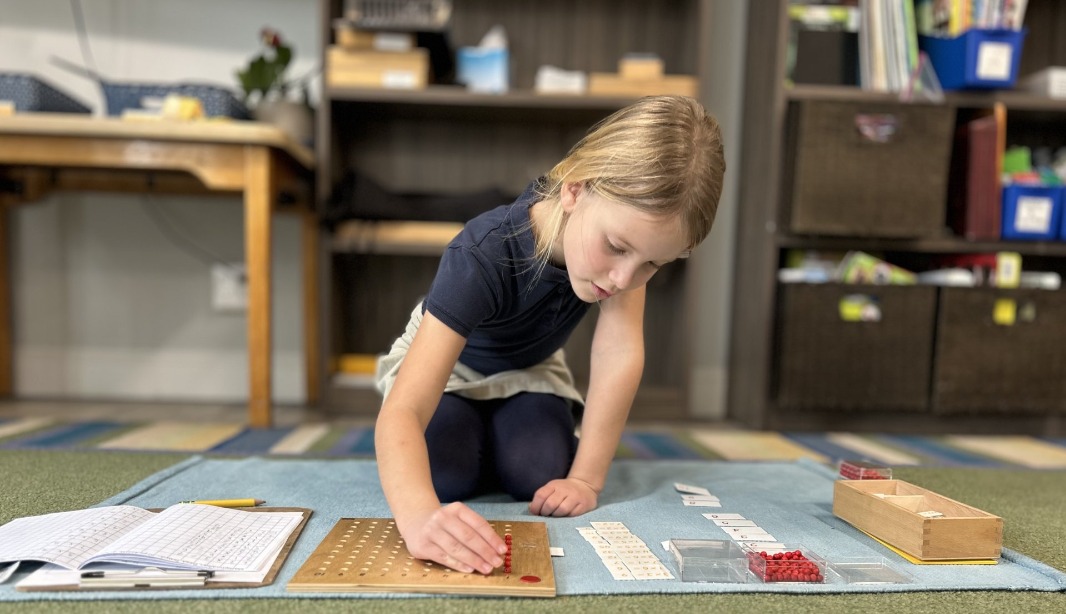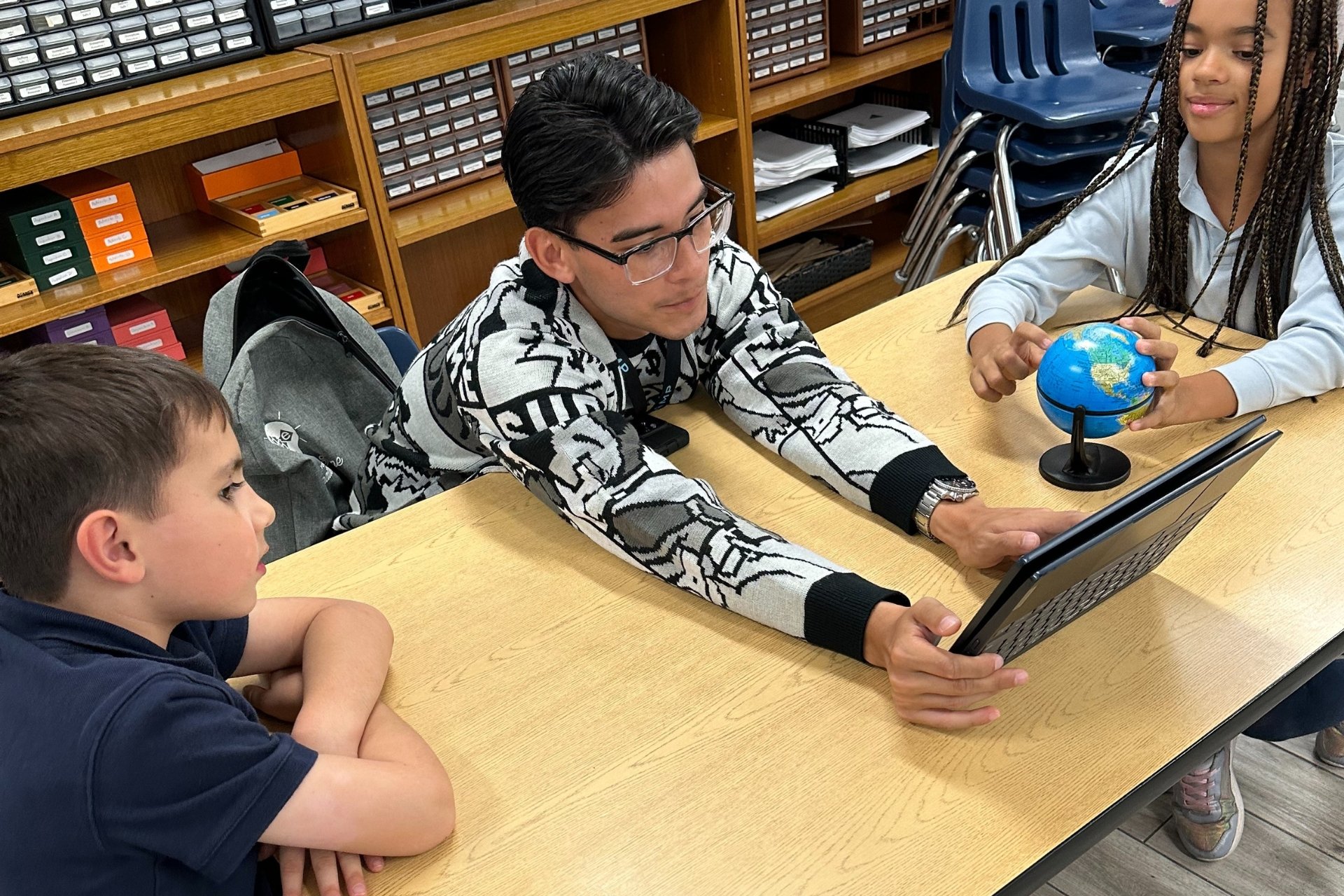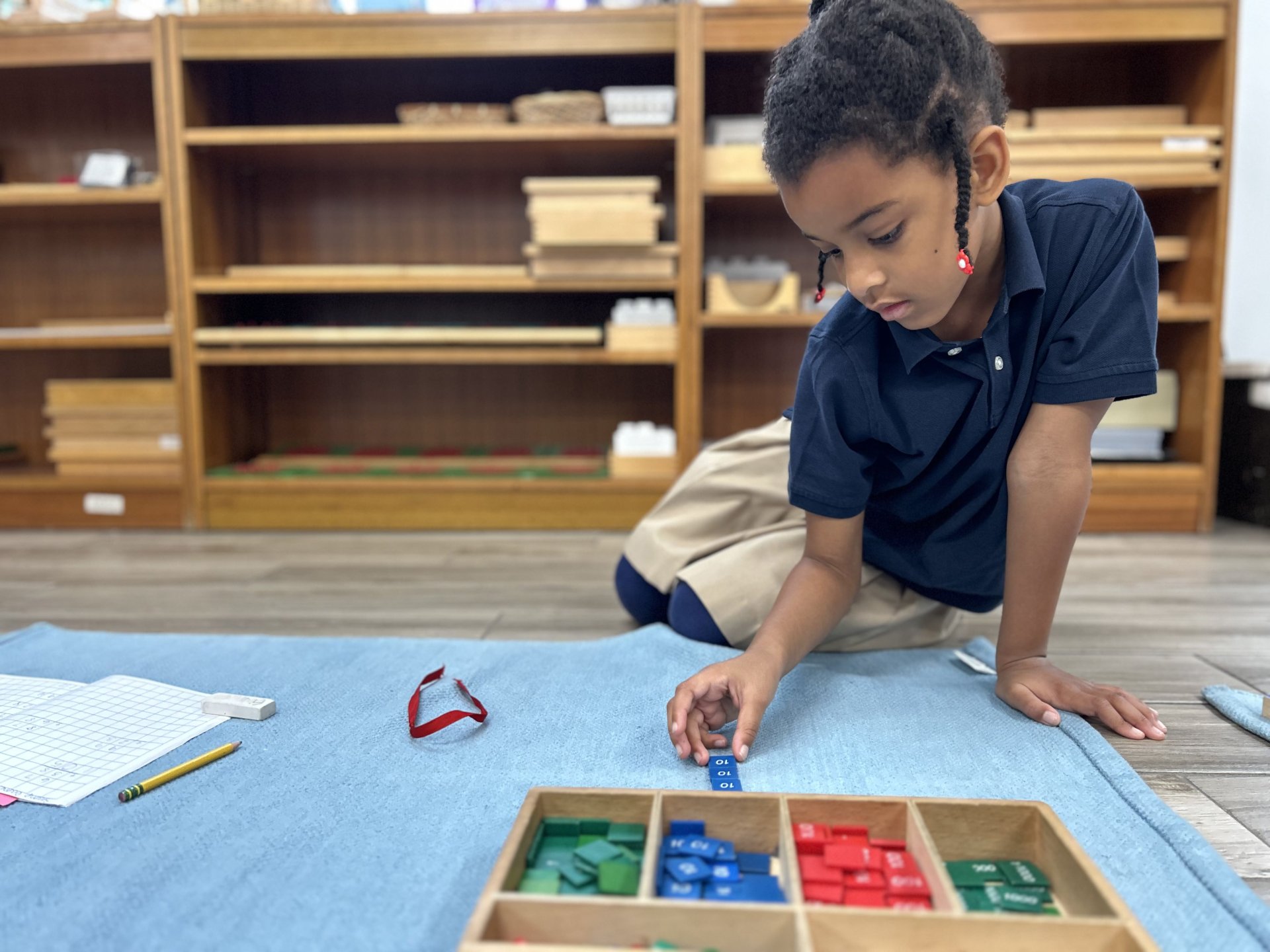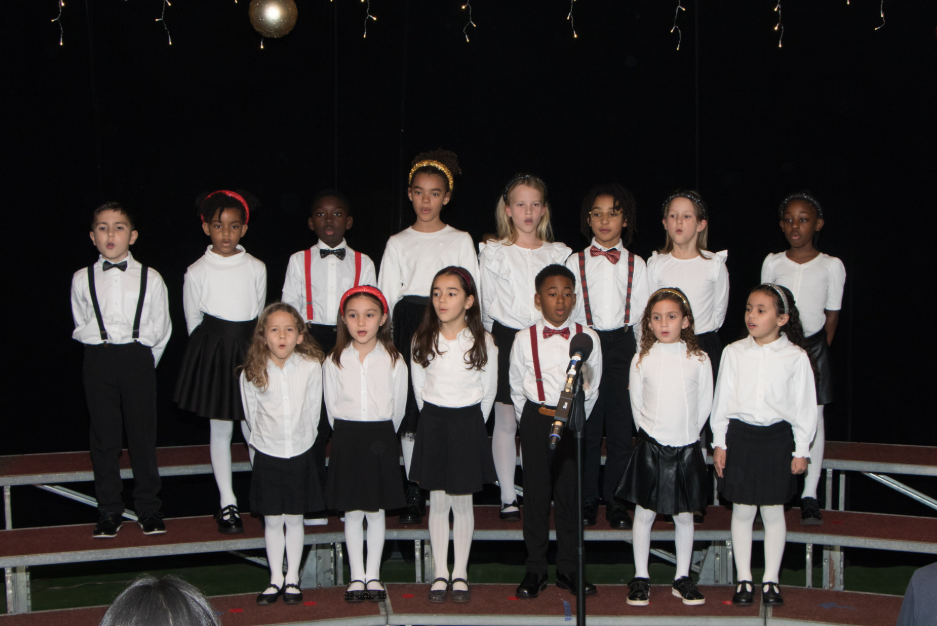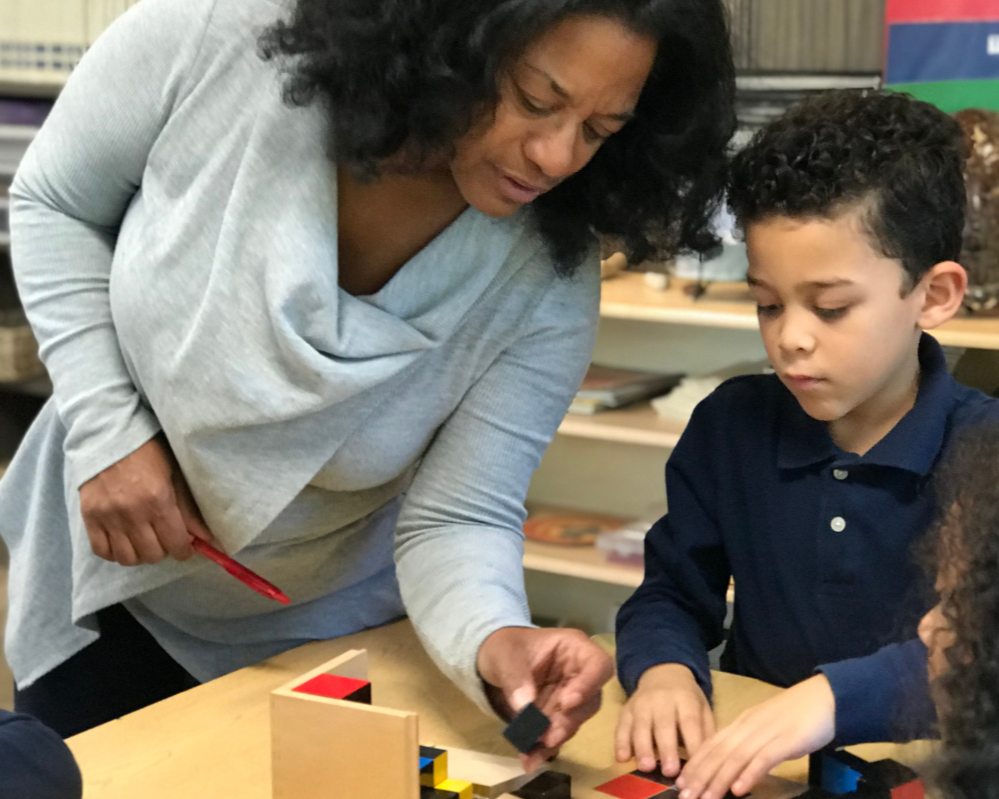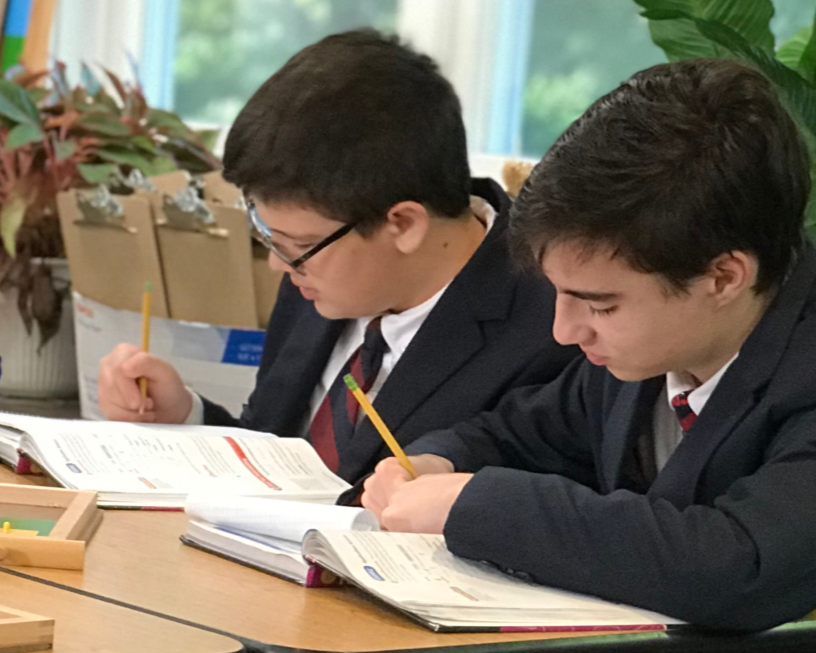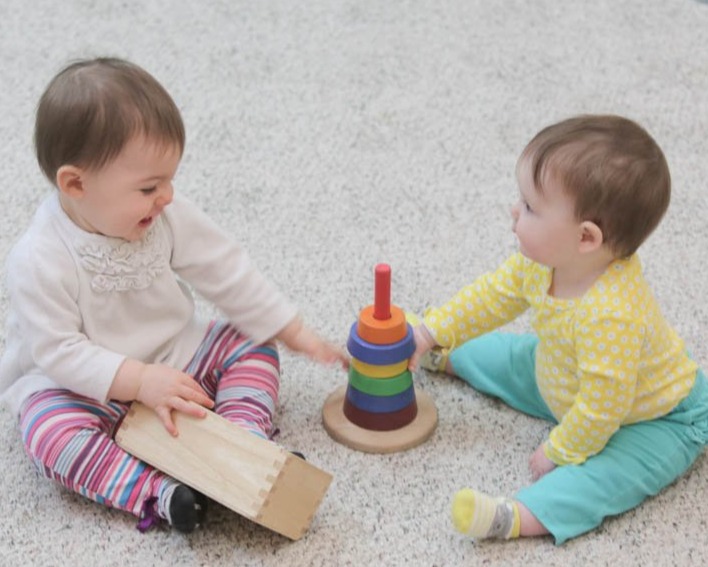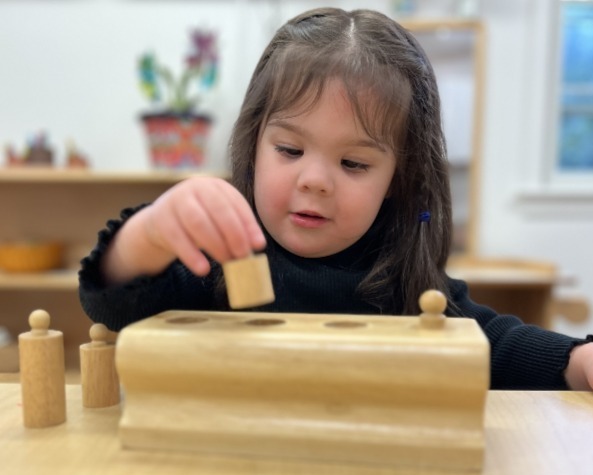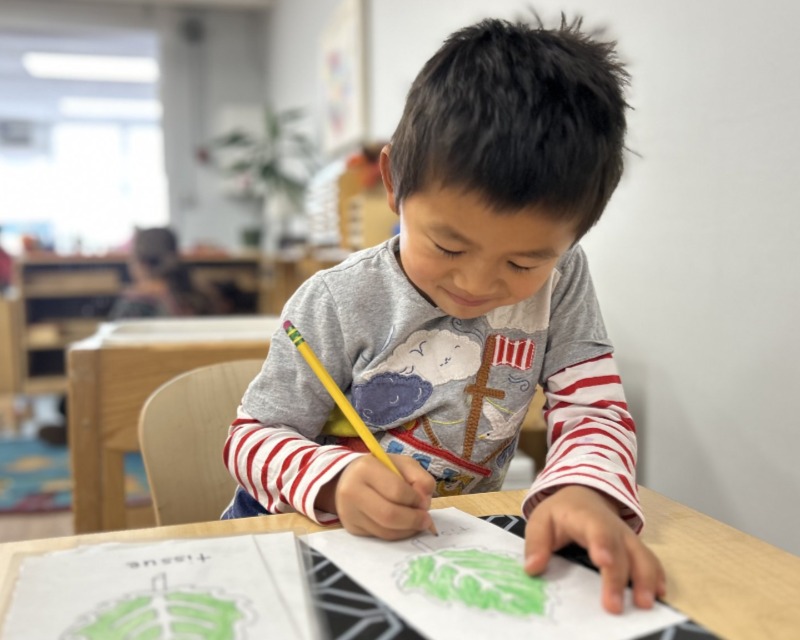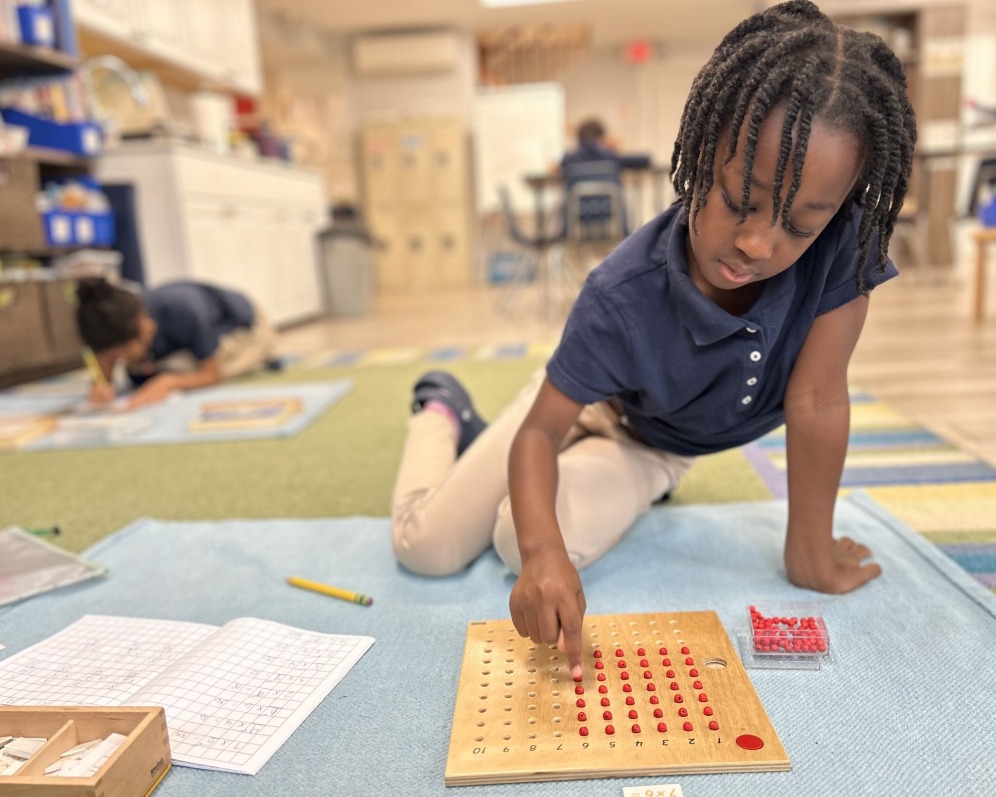BEST PRIVATE ELEMENTARY SCHOOL NEAR ME
HUDSON COUNTRY MONTESSORI LOWER ELEMENTARY PROGRAM
At Hudson Country Montessori, we understand that as a parent, you want your child to be challenged, inspired, and excited to learn every day. That’s why our Lower Elementary (Grades 1-3) program is designed to meet each child where they are and guide them on a personalized journey of discovery and growth.
Our teachers act as guides, creating lessons tailored to your child’s interests, abilities, and strengths. By nurturing natural curiosity and encouraging initiative, students learn to think independently, solve problems creatively, and go beyond the standard curriculum.
In our classrooms, learning is collaborative and social. Students not only explore their individual talents but also develop meaningful relationships with classmates and teachers. The Montessori approach at Hudson helps children build confidence, empathy, and lasting friendships while discovering how to contribute to their community.
Every child faces personalized challenges designed to stretch their abilities and help them excel in their areas of strength, while supporting growth in other areas. The result? Students consistently go above and beyond traditional education standards, developing skills and a love of learning that will serve them for a lifetime.
“The successive levels of education must conform to the successive personalities of the child.”
–Dr. Maria Montessori
Interest Precedes Learning
Our Lower Elementary classroom at Hudson provides a flexible schedule that allows students to delve into self-chosen work. Here they can focus on activities that align with their personal interests.for individualized study time so that students can focus intensely on self-chosen work. When they share their interests with their peers, unexpected learning occurs and interests are often transferred from one student to another. This pursuit of one passion leads to the exploration and discovery of new passions and ultimately, students web together a coherent understanding of how things work and why they work that way.
At Hudson, this deep exploration of topics mirrors the International Baccalaureate (IB) model, where students dive into fewer subjects but in much greater depth. The level of detail they explore is limited only by their imagination. This process allows students to develop a deep understanding of their personal learning style, as well as how subjects such as science, math, social studies, and language arts are interconnected. And, through the pursuit of personal academic interests, students develop successful work habits and self-discipline they will use throughout their education and later, in their careers.
Social Development in a Small (Extended Family) Setting
At Hudson, following the Montessori approach, Lower Elementary students stay with the same teachers for three years, building lasting relationships with the teachers and close friendships with other students. This multi-age classroom creates a dynamic and supportive environment where children learn from one another, mastering skills and even become facilitators of learning for their classmates.This peer-learning approach not only reinforces curriculum content but also nurtures social and emotional growth.. The multi-age, cooperative classroom environment not only makes learning more enjoyable, it plays an important role in fostering high levels of student learning and retention.
Much of the learning our students do at school is collaborative. Working in large and small groups, teacher-led Q&A sessions introduce new materials by linking new content to work taught in previous lessons and other academic disciplines. The process is highly interactive and requires students to be active participants in the process. Students develop critical thinking and learn to “think on their feet.” This approach to learning prepares students to speak in public, give winning interviews and present themselves as articulate, educated, and interesting people.
Occasionally, there is friction between the students, but with low ratios, there is always a teacher observing to see if the students can work out their own social issues before they intervene. With practice, even Lower Elementary aged children can learn to advocate for themselves while showing compassion/empathy for others.
Multisensory Learning Using Montessori Materials
Long before modern research confirmed that children learn best through multi-sensory experiences, Dr. Montessori was already incorporating this into her teaching. Our specialized Montessori materials engage students’ auditory, visual, and tactile senses to help them grasp challenging concepts across all subjects. As Dr. Montessori stated, “The hand is the pathway to the brain.”
Imagine your child learning multiplication the way the ancient Babylonians did, or division like the ancient Egyptians. Our students explore and discover through hands-on materials, allowing them to grasp abstract concepts in a fun, engaging way.
Montessori learning materials are designed to present abstract concepts in an easy to understand, three-dimensional presentation format. Like puzzles, the Montessori manipulative materials typically only work when they are arranged correctly. However, students are free to experiment to see what happens when they don't follow the correct steps. It is this process of trial and error that brings students to a much deeper understanding of the concepts that the materials are designed to teach.
Embracing Neurodiversity
Dr. Montessori did not have the benefit of functional MRIs to tell her how the brain works, but she did spend countless hours observing that every student learns differently. To help all her students, whether they were advanced learners or more typical learners, she developed an individualized method of teaching that uses multiple modes of learning (auditory, visual, tactile/kinetic). To complement her system, she developed specialized multi-sensory teaching materials to facilitate learning across all subjects. By helping students utilize their strongest learning modality (strengths based education), she was able to teach a broad range of learners more quickly and with greater understanding of the material being taught.
Montessori pedagogy at Hudson can be effective for a broad range of neurotypical and neurodivergent students. However, to be successful at Hudson, students must have the ability to be productive, independent learners and they must comport themselves with age appropriate decorum. Our classrooms are friendly and supportive, giving students the freedom to move around and choose their own work. Our students have responsibility for their education and this sense of agency causes students to be more excited about learning.
Diversity
We believe in the value of diversity and strive to promote a culture of respect for differences because those differences make our school a richer and more interesting place to learn. Our school communities mirror the diversity of our very diverse local communities.
Hudson has always been a very diverse school. Our founder, Musya Meyer, was a WWII refugee and educator who believed it was important for all children to learn about and appreciate the many different cultures that make up America’s pluralistic society. She believed that when all members of the school community share their cultural heritage, traditions and practices with one another, children learn to respect and appreciate the similarities and differences of the human family. To that end, we celebrate the diversity of all of our school families with interest, respect, and kindness through the many celebrations held throughout the year.
In addition to having classroom materials and lessons that reflect the diversity of our students, Hudson offers Spanish language and cultural lessons twice a week to our Elementary and Middle School students. This helps give them a global perspective and an appreciation for different cultures.
Although Hudson and Montessori education are secular (not religious), we promote strong character values without infusing any particular theology or ideology. We believe that it is important to expose our students to diversity of thought so they learn to develop their own thoughts.
We ask all families to practice kindness and respect for others and to engage their children at home to promote their own family values and ideals.
Blended Socratic and Constructivist Approach
At the Elementary and Middle School levels, Montessori is best described as a blend of the Socratic Method and the Constructivist approach. In the Socratic method the teacher asks questions to prompt students to think, problem solve and learn through reflection and inquiry. The constructivist approach uses hands-on project based, student-directed problem solving that challenges students with incrementally more difficult and more interesting work as they explore and discover their way through the curriculum.
To understand how our classrooms work, think of them like a science laboratory where everyone is working on different parts of a project. Later, they come together to share what they have learned in order to solve a problem or form an opinion based on everyone’s information. It's a fun and interactive way for students to develop problem-solving skills. With the teacher's guidance, they also learn to connect different subjects. Besides thinking skills, sharing information with classmates helps students learn to present themselves as articulate and engaging people that can communicate and collaborate with others. In these discussions, the teacher asks open-ended questions to spark curiosity and encourage conversation.
By combining the Socratic and constructivist methods, we prepare students to be at the center of their own learning journey. Through small and large group work, students learn to support one another and test developing points of view without fear of being judged. This creates a warm and encouraging learning community where every child can thrive.
A Solid Foundation for Learning
At Hudson, our Montessori approach to the Lower Elementary curriculum starts with a big-picture view of the universe and then zooms in to the individual child's experience in the classroom. This educational journey through the evolution of thought is introduced through five exciting Great Lessons: "The Coming of the Universe and the Earth," "The Coming of Life," "The Coming of Human Beings," "The Story of Writing," and "The Story of Numbers."
The Great Lessons are impressionistic, scientific stories that provide context for understanding all the disciplines of academic study and how they relate to one another. As students listen to and participate in these lessons, they gain a big-picture understanding of human knowledge that provides both context and meaning for all future learning.
We also know that words are the building blocks of thought, so we put a special focus on English Language Arts. In Lower Elementary, we emphasize reading, reading comprehension, writing, vocabulary, and spelling. These skills are essential for clear thinking and effective communication, setting a strong foundation for all future learning.
STEM/STEAM
Hudson Elementary and Middle School students dive into big projects that lead to big learning. While these activities take time and practice, they develop important study skills like resilience, grit, problem-solving, and executive function. And, in the end, big projects give students a wonderful sense of personal competence, self-esteem, and self-satisfaction. Our project-based curriculum challenges students with activities that typically integrate all the STEAM disciplines at once. This means your child will get to explore a wide range of interests and learn how different subjects connect to each other. Students also get to share their passions and discoveries with others through our science fairs, invention conventions and various elective "Studio Programs." These programs delve deeper into the various STEAM topics so that students can explore topics of specific interest in a small group setting alongside friends who share the same interests and who also want to explore them more deeply:
- Science: Our curriculum promotes an understanding of the natural world and the people in it. Physical science, biological science and social science is at the core of our curriculum.
- Technology: We believe technology should be used as a tool to achieve outcomes across all academic disciplines and should help enhance learning across the curriculum. Technology is used in our classroom to enhance the development of creative thinking, logic, design, and problem-solving skills. Students begin basic coding, search and creative work in Lower Elementary and practical applications of technology through coding, robotics, physics and maker-space projects in Middle School.
- Engineering: The Montessori method is a hands-on method and project-based learning requires some sort of “doing” that involves engineering.
- Art: Fine art is an expression of creativity and out of the box thinking. It involves a variety of media and techniques including digital media. Fine art teaches students to see the world with nuance and to embrace their personal view of reality. Performance art provides students the opportunity to adopt a variety of roles as communicators. Through public speaking and a variety of performances where they are part of a team our students are very comfortable addressing audiences in large and small venues. Commercial art is a sense of aesthetics that is incorporated into all of our project work. Our Music program teaches students to appreciate and understand analog and digital music. Orchestration is an essential part of the program that teaches collaboration and the importance of teamwork. Art, music, and performance classes are offered by our “Specials'' teachers.
- Math: Montessori math is learned through manipulative materials that make abstract math concepts easy to understand. Even advanced math concepts are fun to learn when understanding is enhanced by the Montessori math materials.
Mastery & Grades (Standards Based)
We use a progressive, “standard-based” approach when grading students. It is based on the premise that learning is a cumulative process and that whatever students learn today will serve as a foundation for their learning tomorrow. In order to be successful, students must master the content standards at each step along their learning journey.
In a Montessori classroom, the difference between one student and another is the number of standards each student has mastered. Since every student understands the significance of all the work they are doing, assigning “grades” to student work is unnecessary. Standards-based learning is consistent with the concept of “Growth Mindset” and it is being explored by an increasing number of elite private high schools and colleges that believe challenging students with standards is more important than determining their capability with letter grades.
There are a few areas of the curriculum that simply require rote memorization like math facts, spelling and vocabulary. To familiarize students with tests/grades we use traditional testing to reinforce learning in those skill areas. At the Middle School level we broaden the use of tests and grades, to prepare students for their transition to traditional high schools.
The Gifted Child
While every child is born with intrinsic talents, some students are endowed with special gifts in one or more domains. In the Montessori classroom, we encourage our students to fully express their strengths and develop strong learning skills in the areas of their natural ability and interest. Conversely, our individualized curriculum also makes it possible to nurture gifts by emphasizing growth mindset in areas they find more challenging or less interesting. The result is a student who is generally well rounded with advanced abilities in one or more areas.
Because students with higher aptitudes are not “held back” waiting for their peers to “catch-up”, they can excel in their areas of strength to the extent of their ability.
Standardized Assessment (Sort of)
We believe that taking standardized tests is a skill that all students must develop to succeed at higher levels of education. Therefore, we feel that early no/low stakes standardized testing helps students take tests without the anxiety attached to “high-stakes outcomes.”
In order to assess our students’ learning and growth, we use a computer-based tool called MAP Growth. MAP Growth is designed to test student knowledge against the standards of traditional education.The MAP Growth test is a computer based adaptive test that responds to answers given by the student. Correct answers are followed by more difficult questions and incorrect answers are followed with less difficult questions. In the end, no two children will receive the same test, so it is impossible to “teach to the test'' and there are no “normed percentile rankings.” However, the algorithm does provide an assessment of student progress/ability.
The MAP assessment is similar to the new digital SAT test. We use testing primarily to give students practice in testing and to assess our curriculum against the standard outcomes of traditional education.
Families are welcome to opt-out of standardized assessment/testing without judgment.
Multi-age Classroom
Modeled after the typical family structure with multi-age children, the Montessori learning environment is both collaborative and competitive. Younger students look up to their older peers and are inspired to tackle more advanced work, while older students develop leadership skills by mentoring and teaching their younger classmates. This family-like atmosphere helps build a close-knit community and fosters a strong commitment to learning.
Our teachers form deep connections with each child over the years, truly getting to know them and understanding their unique needs. This close relationship extends to parents as well, creating a strong partnership focused on supporting your child's physical, social, emotional, and cognitive development. Together, we ensure that your child thrives in all aspects of their growth.
Social Learning
There is a limit to how much intense focus a young student can apply to their work. At some point, their brain gets tired, and they need to take a break. When their brains need a break, they often wander over to a friend to see what they're working on and chat about their projects. This friendly interaction allows each child to learn something new about their friend's work. Sometimes these conversations spark new interests, and other times they simply expand each student's knowledge.
In our Lower Elementary classrooms, students are very aware of what their peers are working on and why they find it so fascinating. This shared enthusiasm makes learning in Montessori’s “open classroom” environment incredibly engaging. The excitement and curiosity of friends about their own projects creates a vibrant and dynamic learning atmosphere.
While we encourage positive social interaction among our students, we are concerned about the things students learn from others on social media. Consequently, cell phone use is prohibited during the school day and social media sites are blacklisted on the school’s internet (except for specific computers in the school office).
Accreditations
Accreditation is a rigorous process of school quality validation that is granted by an organization that is authorized by a State or national authority to grant accreditation status. Hudson Country Montessori School is Accredited by the:
- American Montessori Society (AMS), which is the largest Montessori accrediting body in the United States and the world. Accreditation by AMS demonstrates our commitment to high quality Montessori education.
- New England Association of Schools and Colleges (NEASC), is the oldest of the six regional accrediting associations. Accreditation by NEASC demonstrates our commitment to high quality education from the perspective of an association focussed on high quality private education without regard to philosophy or pedagogy.
Calendar/Schedule
The Elementary/Middle School calendar includes a school year program, a summer camp program and an extended day program offering flexibility for families. Student may enroll in any of the following programs:
- School Year Program: Students enrolled in the school year program make a commitment for the entire school year. The calendar for the school year program loosely follows the Danbury or New Rochelle Public school calendar.
- Summer Camp Program: Our New Rochelle program offers 8 weeks of summer camp while our Danbury campus offers a 9 week summer program. Students enrolled in the summer camp program can enroll for as few as two consecutive weeks.
- Extended Day/Extended Year: Students enrolled in Hudson’s school or camp program may enroll in our extended day and/or vacation school programs.
- Year Round Program: Our Year Round program offers a preferential tuition rate for students that participate in our school, camp and extended day/year programs.
Ready to Move Up: Transition from Lower Elementary to Upper Elementary
As your child moves from Lower Elementary to Upper Elementary, they enter a stage of learning designed to foster greater independence, deeper critical thinking, and advanced problem-solving skills. This is a time when students take on more complex projects, explore abstract concepts, and collaborate on meaningful, real-world challenges.
Our Upper Elementary program builds on the strong foundation established in Lower Elementary, guiding children as they refine their academic abilities, leadership skills, and social-emotional growth. Through hands-on exploration of math, science, language, and social studies, students develop confidence in their reasoning, learn to work effectively with peers, and continue to discover their unique place within the community. This transition ensures that each child is academically challenged, emotionally supported, and fully prepared to thrive in the later stages of Montessori education. Click below to learn more about our Upper Elementary program and see how we help children grow, lead, and excel at every stage of their Montessori journey.
At Hudson Country Montessori, we’re committed to supporting your child’s development every step of the way. From infant care and toddler learning through preschool and kindergarten in our primary program, to elementary with both our lower elementary and upper elementary programs , and onto our middle school, we provide a seamless, nurturing path that grows with your child. Schedule your tour today so we can show you how your child can thrive both emotionally and academically here!
BEST PRIVATE ELEMENTARY SCHOOL NEAR ME
